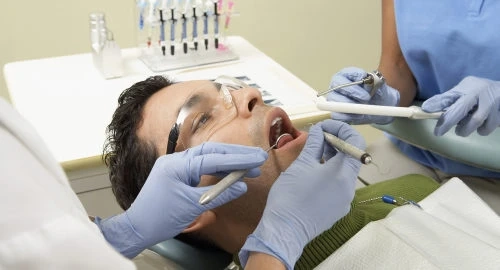Oral or mouth cancer can affect any part of the mouth, including lips and tongue. Globally, every year over 450,000 new cases of mouth-cancer are reported. While stage 1 and stage 2 survival rates are above 80%, the survival rate comes down to as less as 34% for stage-4 or end-stage oral cancer.Experts say oral cancer can occur in people of any age. However, the risks are particularly high in adults who are 45 years or more in age. Despite the growing number of worldwide oral-cancer cases, most people are still not well informed about oral care symptoms, prevention and treatment.
Here are 5 things that you must know about Oral cancer:
1. Common SymptomsEarly diagnosis is the key to success in oral cancer treatment. Further, it also lessens the suffering and pain that oral cancer patients must go through. Early symptoms of possible oral cancer include:- Lump inside the mouth
- Mouth or lip sores that do not heal
- Unexplained loose teeth
- Difficulty in eating and swallowing food
- Severe mouth and ear pain
- Alcohol abuse
- Human papillomavirus (HPV) virus (transmitted sexually)
- Weak immune system
- Drink lots of water to keep your mouth moist
- Avoid alcohol-based dental care products
- Brush teeth and gums regularly using a soft bristle toothbrush



